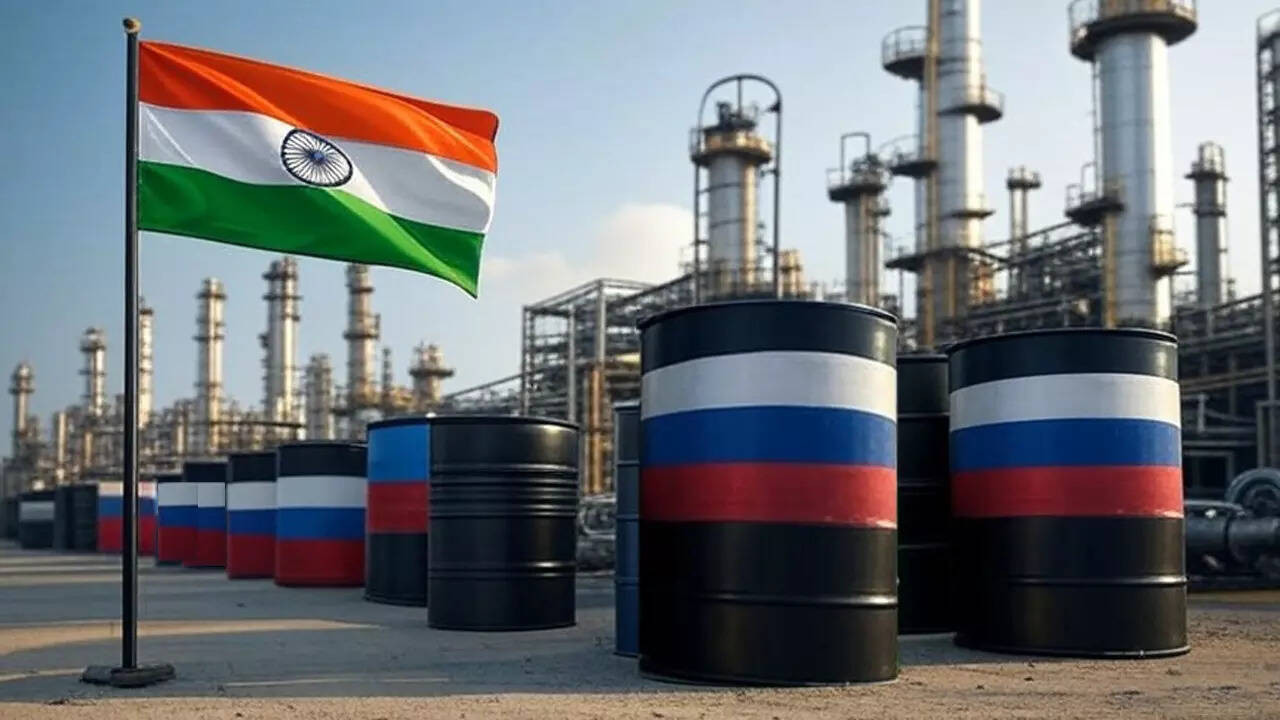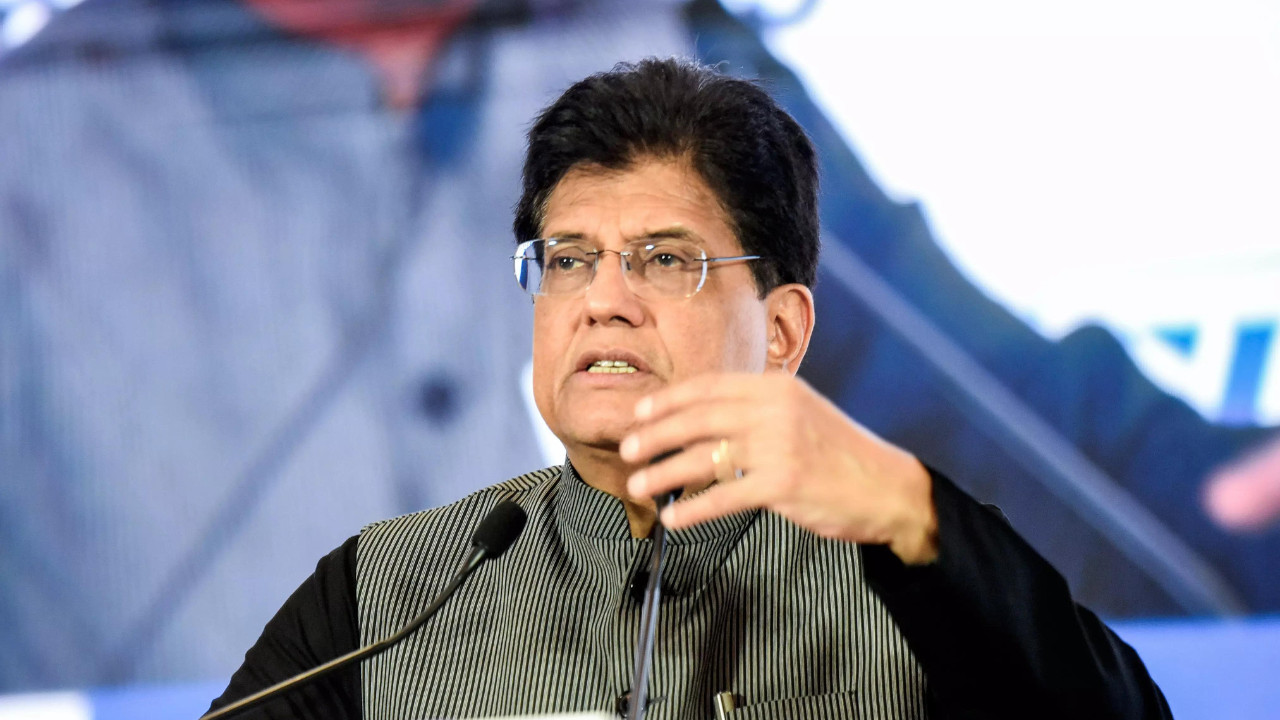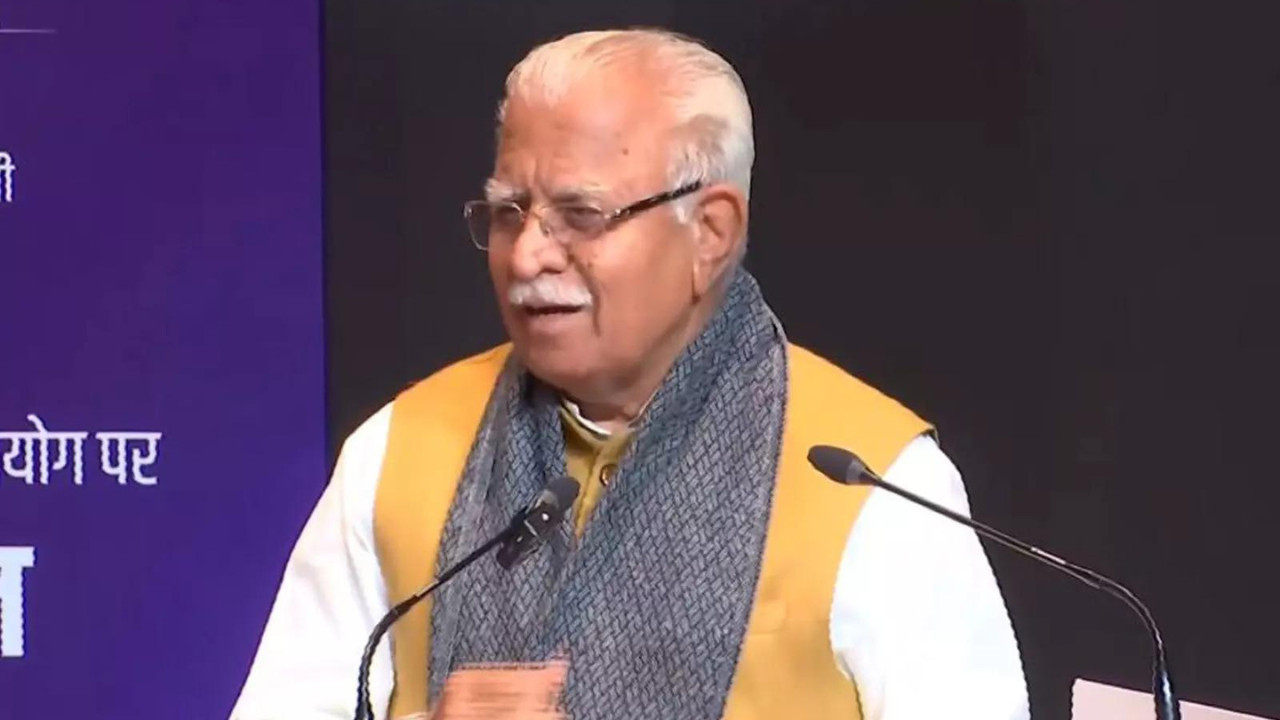Since early 2022, India’s Russian oil purchases have reached ₹132 billion, constituting 20% of Russia’s oil export earnings. While China leads in overall fossil fuel imports from Russia, India’s oil imports surpassed those of the EU and Turkiye. The US has criticized India’s Russian oil trade, imposing tariffs, which India contests, vowing to continue procurement.
India’s Thirst for Russian Oil: A Deep Dive
The global energy landscape has undergone a seismic shift since the onset of the Russia-Ukraine conflict. Trade routes have been redrawn, economic alliances tested, and nations forced to re-evaluate their energy security strategies. One of the most significant shifts has been India’s emergence as a major consumer of Russian crude oil. But just how much oil are we talking about, and what does this mean for India and the world?
The numbers are staggering. Over 20% of Russia’s crude oil exports during the war period have found their way to Indian refineries. That translates to roughly ₹13.39 lakh crore (approximately $160 billion) worth of black gold flowing from Russia to India. To put that into perspective, while significant, it’s still behind China’s purchases, which top $193 billion. The sheer volume underscores the significant change in India’s energy sourcing strategy. It’s no longer business as usual; it’s a story of adaptation and economic pragmatism amidst geopolitical complexities.
Why the Sudden Surge in Indian Oil Imports from Russia?
Several factors have converged to create this situation. Western sanctions against Russia, while intended to cripple its economy, have inadvertently created a window of opportunity for countries like India. Russian crude, now shunned by many traditional buyers, is being offered at discounted prices. For a rapidly growing economy like India, heavily reliant on imported energy, the appeal of cheaper oil is undeniable. India’s energy demand is constantly on the rise and alternative sources could be cost-prohibitive.
Furthermore, India has consistently maintained a policy of pursuing its national interests in its foreign policy decisions. While expressing concern over the conflict in Ukraine, India has also emphasized its right to secure affordable energy for its citizens. This stance reflects a commitment to economic growth and stability, especially during a period of global uncertainty.
The Economic and Geopolitical Implications
India’s increased reliance on Russian oil carries both economic benefits and geopolitical considerations. On the economic front, the discounted prices provide a significant boost to India’s refining sector, allowing companies to produce and export petroleum products at competitive rates. This contributes to foreign exchange earnings and strengthens India’s position as a regional refining hub. You could even say it’s helping to fuel India’s economic engine, as this  article about investment trends indicates.
article about investment trends indicates.
However, the reliance on Russian oil also raises questions about India’s long-term energy security and its relationship with other major energy suppliers. Over-dependence on a single source of supply can make a nation vulnerable to price fluctuations and geopolitical pressures. Diversification of energy sources remains a crucial goal for India, and efforts are underway to explore alternative suppliers and invest in renewable energy.
Moreover, India’s oil purchases from Russia have drawn scrutiny from Western nations. While there’s no indication of direct sanctions violations, concerns have been raised about potentially financing Russia’s war effort. India has consistently defended its position, arguing that its energy imports are legitimate and aimed at meeting the needs of its population.
Navigating the Future: India’s Energy Balancing Act
India finds itself in a complex situation, balancing its energy needs, economic interests, and geopolitical considerations. The surge in Russian oil imports is a temporary solution to an immediate challenge, but it doesn’t represent a long-term strategy. The key lies in diversifying energy sources, investing in renewable energy, and strengthening partnerships with a wider range of suppliers. The Indian government acknowledges the need to achieve energy independence in the long run. Initiatives like promoting solar energy and exploring alternative fuels are crucial steps in that direction.
India’s growing appetite for Russian oil is a reflection of a shifting global order. While the immediate benefits are clear, the long-term implications require careful consideration. As India continues its journey towards economic prosperity, its energy policy will play a pivotal role in shaping its future.







